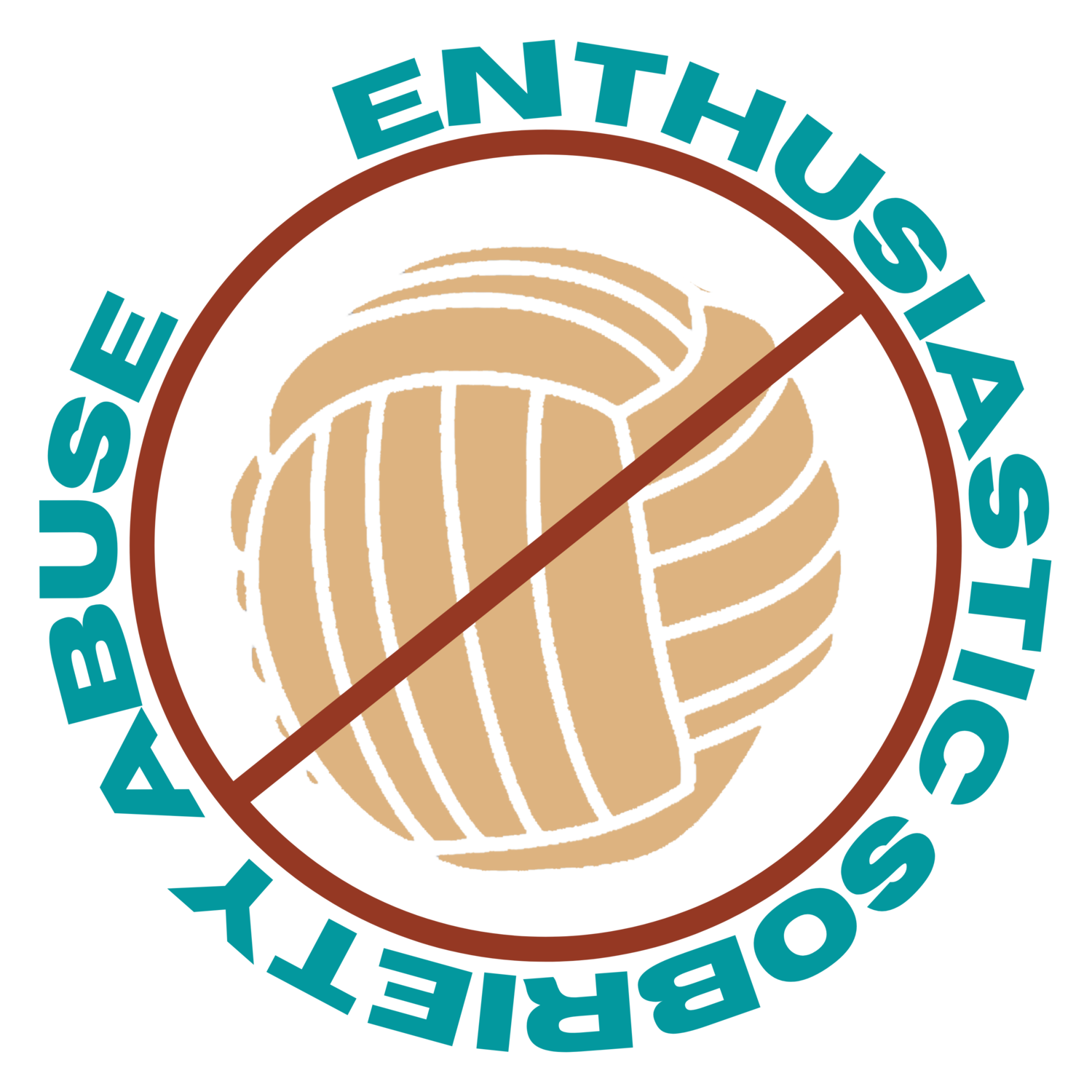Speak Out Safely: A Guide to Anonymously Sharing Survivor Experiences
Someone might want to share their story but keep it anonymous to protect their privacy and personal safety. Anonymity can prevent retaliation, harassment, or further trauma, while still allowing them to raise awareness, support others in similar situations, and contribute to advocacy efforts. It provides a way to be heard and make a difference without exposing their identity or risking their well-being.
Survivors often feel compelled to share specific details about their struggles, traumas, or diagnoses in an attempt to convey the depth of their experiences. However, providing too much specific information can inadvertently compromise their anonymity and put them at risk. Therefore, it's crucial to emphasize the need for survivors to generalize certain aspects of their stories while still capturing the essence of their experiences.
To protect your privacy while making an impact, here's how you can write your story anonymously:
Generalize Details:
Avoid specific dates, locations, and names. Focus on the overall experience and its impact on you. Your story is still believable and if we’re talking about the group - it’s often outrageous even without the intricate details. We’re not saying to leave those things out entirely or that you are not allowed to share them; but be thoughtful when writing about specific incidents in the group. With too many details or specifications, people who were also present could start guessing who submitted this story.
Plus, it’s often hard for Enthusiastic Sobriety Survivors to feel validated unless they are oversharing. Oversharing is encouraged and exploited in cult-like groups.
Here are some tips to help publicly share your story in an impactful way without compromising your anonymity.
Focus on Emotions and Impacts: Focus on expressing the emotions and impacts of your experiences rather than providing intricate details. By emphasizing how the abuse or discrimination made you feel, survivors can convey the severity of their experiences without divulging unnecessary specifics.
Example: Instead of detailing highly specific incidents of abuse, survivors can describe how the abuse made them feel powerless, frightened, or isolated.
Use Broad Language and Timeframes: Use broad language and timeframes when discussing events, locations, or individuals involved. By avoiding specific dates, names, or locations, survivors can protect their anonymity while still sharing their stories effectively.
Example: Instead of specifying the exact date or location of an incident, survivors can provide a general timeframe or describe the setting in broader terms.
Highlight Common Experiences: Highlight common experiences or themes that resonate with others without revealing personal details. By sharing experiences that are relatable to a wider audience, survivors can maintain their anonymity while still fostering connection and understanding.
Example: Instead of recounting unique details of their own experiences, survivors can discuss broader patterns or dynamics of abuse or discrimination that are common among survivors.
By generalizing details and focusing on the emotional and impactful aspects of their experiences, survivors can protect their anonymity while still sharing their stories authentically and effectively. This approach allows survivors to contribute to awareness and advocacy efforts without compromising their privacy or well-being.
Avoid Specific Identifiers:
Use pseudonyms or general terms for people and places. Staff have been known to watch our IG Stories and monitor our social media. We have had recent survivors tell us that Staff have called their parents to “express concern” that their child might become an “angry bailed kid.” When you are talking about group members or staff, avoid using their names. If you’d like to quote what someone said to you, you can say “my counselor” or a generalized “staff said…” If the survivor wishes, we will keep the Staff member’s name in their survivor story.
By following these guidelines, you can share your truth safely and contribute to a greater cause. Your voice matters, and even anonymously, it can make a difference.
Sharing Our Stories vs. Reporting Abuses to Officials:
When sharing survivor stories publicly, it’s crucial to generalize details to protect anonymity and privacy. This involves avoiding specific incidents, names, and timeframes to reduce the risk of identification and ensure safety. In contrast, when filing a complaint with the state department of health, providing detailed accounts, specific incidents, and precise timeframes is essential. These specifics help authorities understand the full scope of the abuse, allowing for a thorough investigation and appropriate action. Balancing the need for privacy in public narratives with the necessity for detailed information in official complaints is vital for both personal safety and effective advocacy.
Share Your Story
Share your story to help other survivors feel heard, seen and understood. We aim to expose the consistent patterns of abuses in Enthusiastic Sobriety Programs and prevent potential families from years of suffering from undue influence and abuse under the guise of drug and alcohol treatment. Enthusiastic Sobriety Survivor stories can be submitted anonymously by former group members, staff and families.


